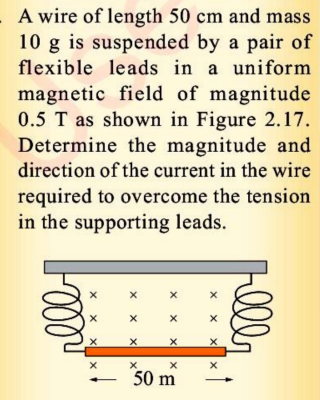
|
|

|
All Questions Topic List |
AllQuestion and Answers: Page 188 |
Question Number 197125 Answers: 1 Comments: 1
|

|
Question Number 197113 Answers: 1 Comments: 0
|
| Prove that
∫^( +∞) _( 0) (((ln(t+(√(1+t^2 ))))/t))dt=(π^2 /2)
|
|
Question Number 197112 Answers: 2 Comments: 0
|

|
Question Number 197111 Answers: 1 Comments: 0
|
|
|
|
Question Number 197110 Answers: 1 Comments: 0
|

|
Question Number 197104 Answers: 0 Comments: 3
|

|
Question Number 197099 Answers: 2 Comments: 0
|
| ∫^( (π/2)) _( 0) ((ln(cost))/(sint)) dt=???
|
|
Question Number 197095 Answers: 1 Comments: 0
|

|
Question Number 197094 Answers: 1 Comments: 0
|

|
Question Number 197089 Answers: 2 Comments: 0
|
| Simplify (((1+(√3)i)/(1−(√3)i)))^(10)
|
|
Question Number 197081 Answers: 0 Comments: 5
|

|
Question Number 197073 Answers: 1 Comments: 0
|

|
Question Number 197072 Answers: 2 Comments: 0
|
| tan123=k
tan167=?
|
|
Question Number 197064 Answers: 2 Comments: 0
|

|
Question Number 197063 Answers: 1 Comments: 0
|

|
Question Number 197060 Answers: 1 Comments: 1
|
| Prove that
∫^( (π/2)) _( 0) ((ln(1+αsint))/(sint))dt= (π^2 /8)−(1/2)(arccosα)^2
|
|
Question Number 197057 Answers: 3 Comments: 2
|

|
Question Number 197054 Answers: 1 Comments: 0
|
| lim_(x→(π/4)) ((sin^9 x−(1/2) cos^7 x)/(4x−π)) =?
|
|
Question Number 197052 Answers: 1 Comments: 0
|
| Find all the values of sin^(−1) (√2)
|
|
Question Number 197050 Answers: 2 Comments: 4
|

|
Question Number 197042 Answers: 0 Comments: 0
|
| ((sinx)/b)+((cosx)/a)=k
find k(a+b)?
plz i need dears
|
|
Question Number 197040 Answers: 1 Comments: 6
|

|
Question Number 197038 Answers: 0 Comments: 0
|

|
Question Number 197036 Answers: 1 Comments: 0
|
| calcule la derive de:
g(x)= arctan(((x−1)/(2x−3)))
|
|
Question Number 197035 Answers: 1 Comments: 0
|
| tan18=a then find you tan72?
|
|
Question Number 197034 Answers: 1 Comments: 0
|

|
Pg 183
Pg 184
Pg 185
Pg 186
Pg 187
Pg 188
Pg 189
Pg 190
Pg 191
Pg 192
|
Terms of Service |
Privacy Policy |
Contact: info@tinkutara.com |






























